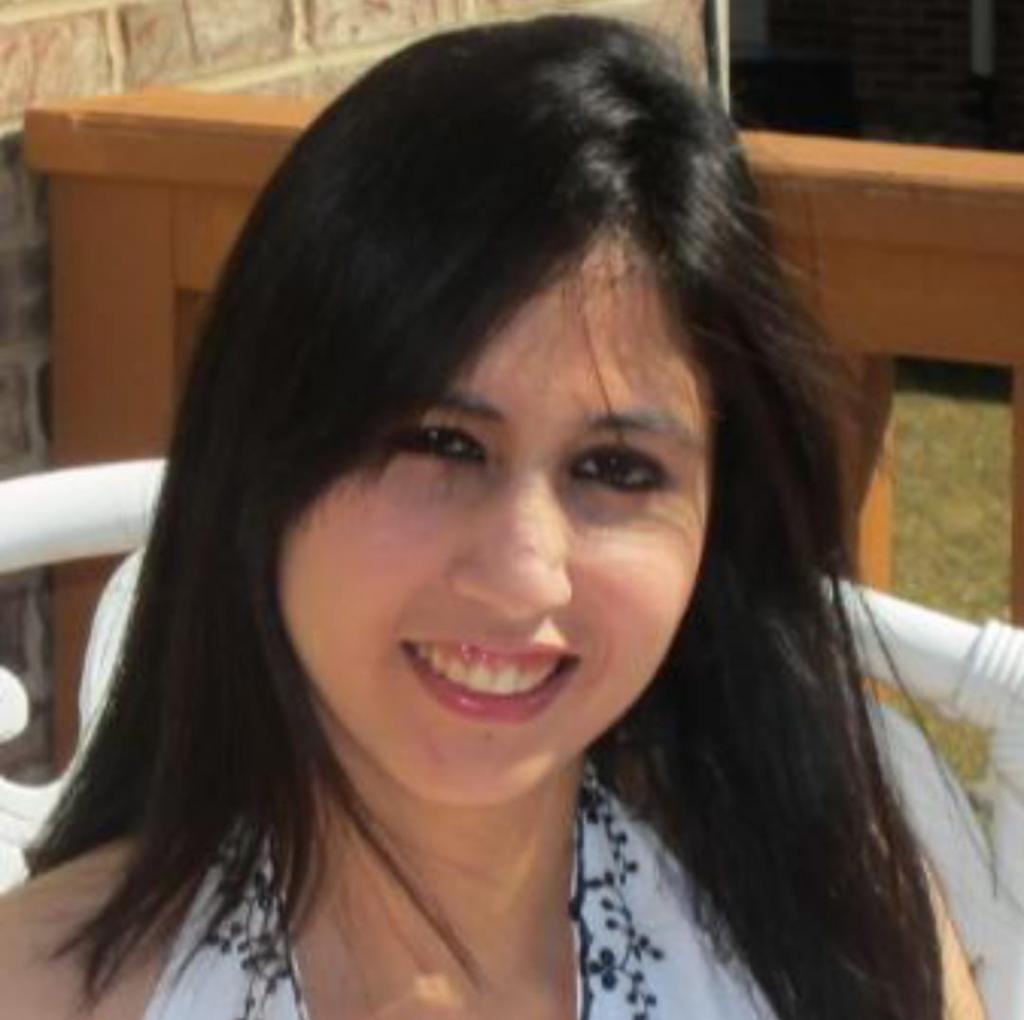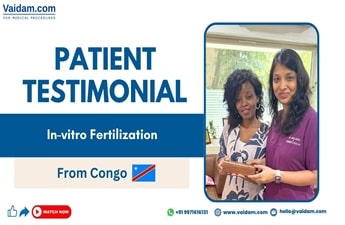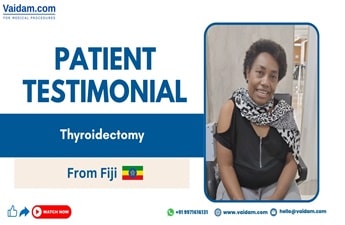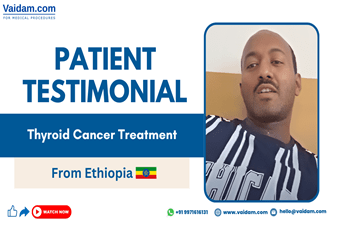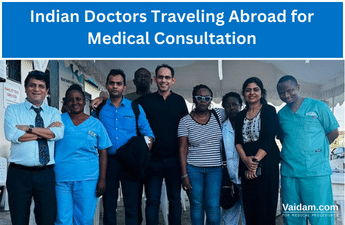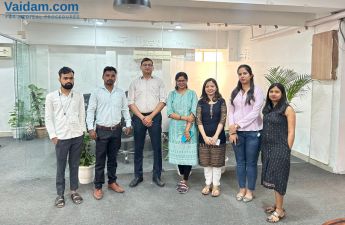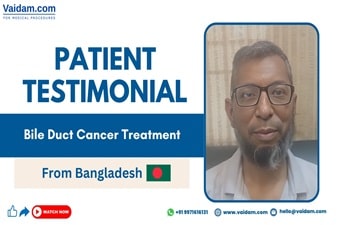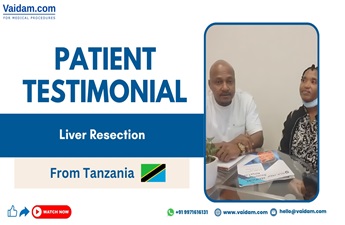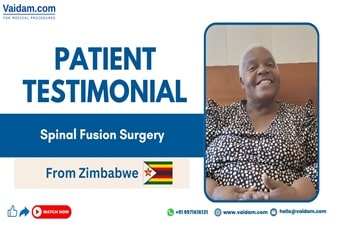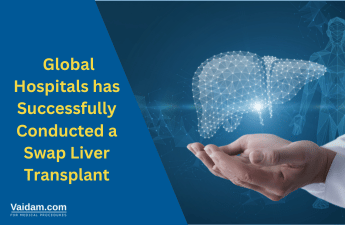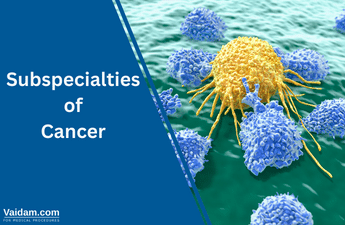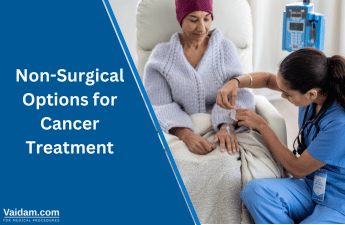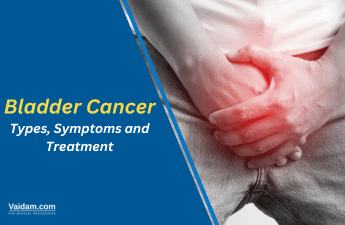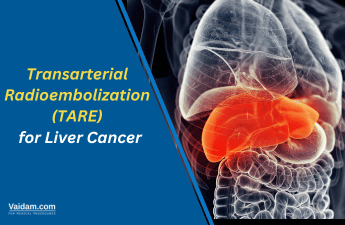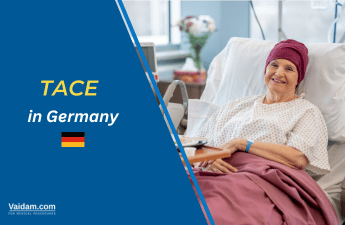Dr Muhammad Azrif Bin Ahmad Annuar is a well-known oncologist in Kuala Lumpur. He has been treating cancer patients for more than 16 years. Lung cancer, sarcoma, targeted therapy, and urological oncology are among his specialities. He is currently working at Gleneagles Hospital in Kuala Lumpur, which is one of Malaysia's top hospitals.
In 1997, he completed his MBBS at the Royal Free Hospital and University College London School of Medicine in London, UK. In the year 2000, he received his MRCP from the United Kingdom. In 2006, he was awarded a Fellowship in Radiation Oncology by the University of Toronto in Canada. He is a member of the European Society of Therapeutic Radiation Oncology, the European Society of Medical Oncology, and the Malaysian Oncological Society, where he has served as President since 2018. He has also worked as a Consultant at the National University of Malaysia Medical Centre in 2012.
Some of the treatment provided by Dr Muhammad Azrif Bin Ahmad Annuar
- Chemotherapy
- Acute Lymphocytic Leukemia - ALL in Adults
- Breast Biopsy
- Hairy Cell Leukemia - HCL
- Radiotherapy
- Transarterial Chemoembolization - TACE
- IMRT
Know about Lung Cancer
Lung cancer, like other cancers, arises when normal cell division and development mechanisms are disturbed, resulting in abnormal, uncontrollable growth. The cells become a tumour when they develop into a bulk. The term "malignant," or cancerous, refers to any abnormal development in the body that immediately invades surrounding tissues and organs, spreads to other areas of the body, or has the potential to come again after being removed.
Your lungs are two spongy organs in your chest that take in oxygen and expel carbon dioxide as you breathe in and out. Lung cancer is the most common cancer that kills people across the world. Lung cancer is more common in smokers, although it can also strike those who have never smoked. The amount of time and quantity of cigarettes you smoke raises your risk of lung cancer. You can greatly lower your risks of developing lung cancer if you quit smoking, even if you've been smoking for a long time.
What are the stages of lung cancer?
Staging helps a doctor to completely comprehend the degree of a patient's cancer so that treatment options can be made and expected results may be predicted. Doctors use specialised terminology to explain cancer stages, however a simple approach to express staging is as follows:
- Local:The cancer has been restricted to the lungs.
- Regional: Cancer has progressed to the thoracic lymph nodes (or glands).
- Distant: Cancer has spread to other areas of the body (metastasized).
Types
Lung cancer has several different types.
Based on the appearance of lung cancer cells under the microscope, doctors split lung cancer into two primary kinds. Your doctor will choose your treatment options based on the type of lung cancer you have.
Lung cancer may be divided into two types:
Small cell lung cancer: Small cell lung cancer is less frequent than non-small cell lung cancer and nearly exclusively affects heavy smokers.
Non-small cell lung cancer: The phrase "non-small cell lung cancer" refers to a wide range of lung malignancies. Squamous cell carcinoma, adenocarcinoma, and large cell carcinoma are non-small cell lung malignancies.
Causes
Lung cancer can be caused by a variety of causes. Some risk factors, such as smoking, can be managed by quitting. Other factors, such as your family history, are beyond your control.
Lung cancer can be caused by several causes, including:
- Family history of lung cancer: People with a parent, sibling or child with lung cancer have an increased risk of the disease.
- Smoking: The number of cigarettes you smoke each day and the number of years you've smoked raise your chance of lung cancer. Quitting smoking at any age reduces your chances of acquiring lung cancer considerably.
- Secondhand smoke exposure: Even if you don't smoke, being exposed to secondhand smoke raises your chance of lung cancer.
- Exposure to radon gas: Radon poisoning is caused by the inhalation of radon gas. The natural breakdown of uranium in soil, rock, and water produces radon, which eventually finds its way into the air you breathe. Radon may build up to dangerous levels in any structure, including houses.
- Previous radiation therapy: Radiation treatment had been used previously. You may be at a higher risk of developing lung cancer if you've had chest radiation therapy for another form of cancer.
- Exposure to asbestos and other carcinogens: Asbestos and other toxins exposure Workplace exposure to asbestos and other cancer-causing chemicals, such as arsenic, chromium, and nickel, can raise your risk of lung cancer, especially if you smoke.
How is lung cancer diagnosed and managed?
Concern about lung cancer usually arises from an abnormal result on a chest imaging exam (chest X-ray, CT scan) or when the illness has progressed to the point of causing symptoms such as coughing, shortness of breath, chest discomfort, tiredness, and/or weight loss. A biopsy, or the removal of cells or tissues from the suspicious tumour, is required for diagnosis. Biopsies can be taken with a camera supplied through the breathing tubes or with a needle injected into the lung tumour through the skin. If none of these methods works, surgery may be necessary for a proper diagnosis. The biopsy is necessary for detecting whether or not there is cancer and the sort of lung cancer it is.
Lung cancer screening: Lung cancer screening is the process of evaluating a healthy person who is at high risk for lung cancer but has no symptoms to detect lung cancer at an earlier stage when it can be better treated. When conducted in a high-quality environment, low-dose chest CT-based screening has been proven to lower the proportion of persons who die from lung cancer with tolerable risks.
Treatment
Depending on the type of lung cancer and how far it has progressed, there are different treatment options. Surgery, chemotherapy, radiation therapy, targeted therapy, or a combination of these therapies can be used to treat non-small cell lung cancer. Small cell lung cancer is generally treated with a combination of radiation and chemotherapy.
Surgery: The objective of surgery is to remove the lung tumour as well as any surrounding lymph nodes in the chest entirely. The tumour must be removed with a healthy lung tissue boundary or margin around it. A "negative margin" indicates that no cancer was discovered in the healthy tissue around the tumour when the pathologist examined the lung or a portion of a lung removed by the surgeon. A surgical oncologist is a physician who specialises in the surgical treatment of cancer. A thoracic surgeon is a surgeon who specialises in lung cancer surgery.
The following types of surgery
- Wedge resection to remove a small section of the lung that contains the tumour along with a margin of healthy tissue
- Segmental resection to remove a larger portion of the lung, but not an entire lobe
- Lobectomy to remove the entire lobe of one lung
- Pneumonectomy to remove an entire lung
Radiation therapy: To destroy cancer cells, radiation treatment employs high-powered energy beams from sources such as X-rays and protons. You lie on a table during radiation therapy as a machine travels around you, sending radiation to specific spots on your body. Radiation may be administered before or after surgery for individuals with locally advanced lung cancer. It's frequently used in conjunction with chemotherapy. If surgery isn't a possibility, your primary treatment may be a combination of chemotherapy and radiation therapy. Radiation treatment may help alleviate symptoms such as discomfort in advanced lung malignancies and those that have spread to other parts of the body.
Chemotherapy: Chemotherapy is a treatment that employs medicines to destroy cancer cells. Chemotherapy is generally given to patients via direct injection into a vein or by a catheter inserted into a big vein. Chemotherapy is frequently used following surgery to eradicate microscopic illness. Chemotherapy can also help patients who are unable to have surgery by slowing tumour development and alleviating symptoms. Doctors are looking at novel biologic medicines that may have fewer side effects and be equally as effective as chemotherapy. Chemotherapy is used to treat lung cancer at all stages. It can help people live longer, even if they are elderly and in good condition.
Targeted therapy: Monoclonal antibodies, which are man-made molecules, are used in targeted treatment. Invading foreign substances, like bacteria and viruses, are attacked by natural antibodies. Monoclonal antibodies recognise and attach to the surface of cancer cells in the same way as natural antibodies do. They may be combined with a chemotherapeutic medication or radioactive substance by your doctor. This permits the cancer-killing chemical to be delivered directly to the cancer cell by the antibody.
Immunotherapy: Immunotherapy is a cancer treatment that makes use of the body's immune system. The identification of markers on the surface of tumour cells is required for this form of treatment.
Dr Muhammad Azrif Bin Ahmad Annuar is the best Medical Oncologist in Kuala Lumpur. He has treated thousands of patients and improved the lives of a large number of patients. His dedication and experience helped the patients to make the right decision. He practices at Gleneagles Hospital, Kuala Lumpur which is one the best hospitals in Malaysia.

